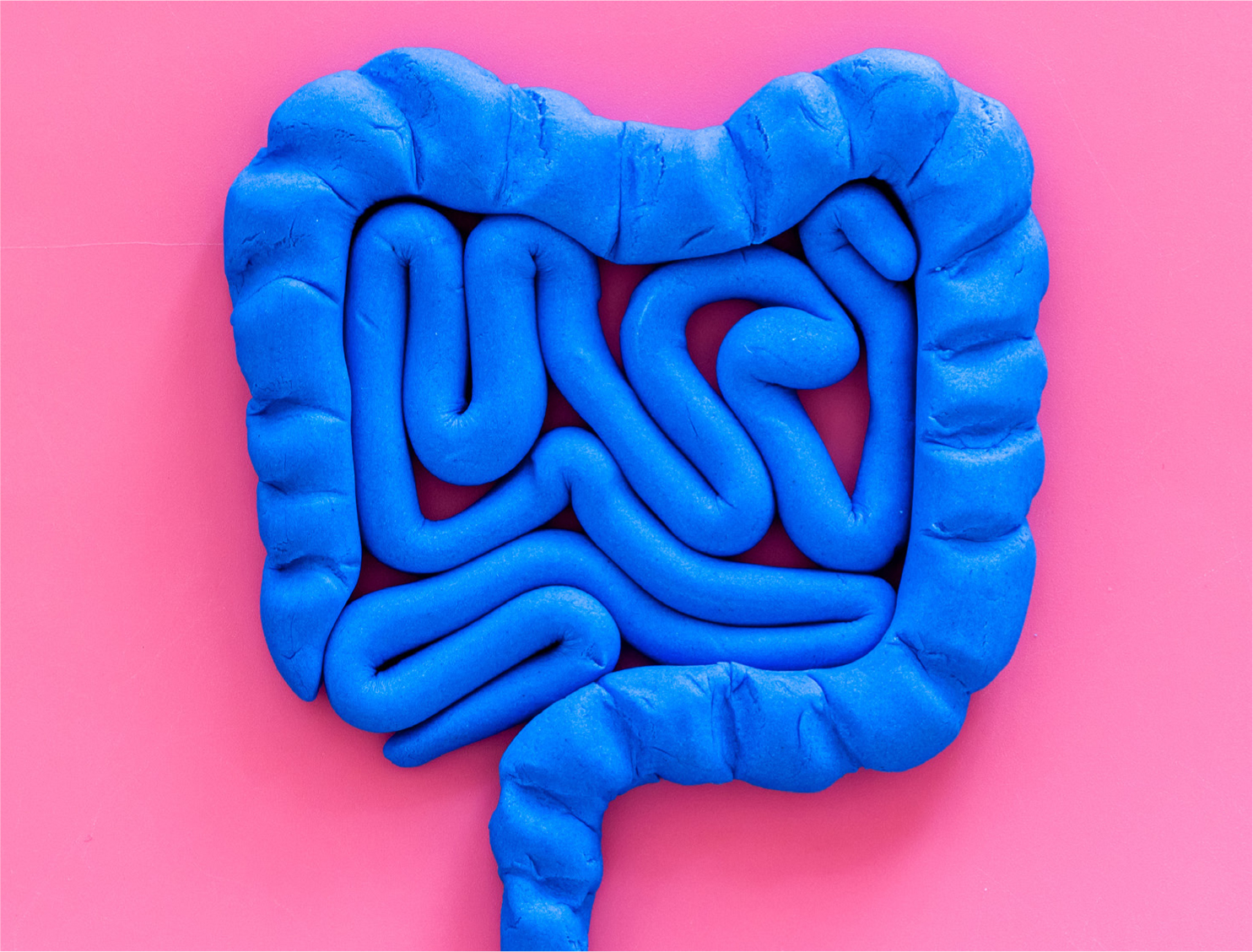Crohn's disease, ulcerative colitis, and IBD-unclassified colitis belong to a group of conditions known as inflammatory bowel disease (IBD). IBD is a chronic, heterogeneous, condition characterised by periods of relapsing and remitting and it occurs primarily as a consequence of inflammation within the lumen of the bowel (Ashton et al, 2018). Unlike some other chronic conditions, IBD is characterised by unpredictability and flare-ups (Nicholas et al, 2007; Roberts et al, 2019). The symptoms include diarrhoea, abdominal pain, weight loss, blood in the stools, and fatigue (Ashton et al, 2018); those symptoms are intrusive and can impact on many aspects of life (Stapersma et al, 2019; Kim et al, 2019).
In our recent work (Qualter et al, 2020), we found that young people who experience severe symptoms of IBD were more likely to be depressed, anxious, and lonely compared to those with less severe symptoms. Our analyses showed that having more severe symptoms affected how embarrassed young people were about their condition, which influenced how they felt about their friendships, and impacted their mental health. The stigma surrounding symptoms was a barrier to creating and maintaining good quality friendships: the unpredictable nature of the symptoms and the stringent treatment and management regimens made for embarrassing social experiences and restricted social interaction, which resulted in poorer mental health. At a point in one's life where peer social relationships really matter (Foulkes and Blakemore, 2016), having unpredictable and embarrassing symptoms that are socially limiting can leave a person exposed within close friendships, and vulnerable in new social interactions.
 ‘…young people who experience severe symptoms of IBD were more likely to be depressed, anxious, and lonely compared to those with less severe symptoms.’
‘…young people who experience severe symptoms of IBD were more likely to be depressed, anxious, and lonely compared to those with less severe symptoms.’
Creating opportunities for young people with IBD to discuss their social relationships and their mental health is important. Typically, consultations do not address young people's feelings, mental health, or the challenges that IBD symptoms can create for sustaining friendships and connectedness. While the focus on physical symptoms is important, our study reveals the importance of creating opportunities for talking about wellbeing and mental health.
‘Typically, consultations do not address young people's feelings, mental health, or the challenges that IBD symptoms can create for sustaining friendships and connectedness. … our study reveals the importance of creating opportunities for talking about wellbeing and mental health.’
In our other work that includes interviews with young people with IBD, we found that the embarrassing nature of the symptoms make it difficult for young people to tell their friends about their condition (Carter et al, 2020). Supporting young people to disclose their condition to friends is likely to be important, and that might be done through the development of a disclosure plan. But young people need to be in control of that disclosure process (Carter et al, 2020).
Friendships matter for everyone, and young people with IBD are fully aware of their importance and how the stigma surrounding their condition can affect the sustainability of friendships (Rouncefield-Swales et al, 2020). That often means young people with IBD focus their energy on sustaining relationships with their closest friends who will accommodate the strains and difficulties associated with the conditions (Carter et al, 2020). But, that focus can be at the expense of having larger peer group relationships, which during youth is seen as just as important as having close friendships (Qualter et al, 2015). Focusing attention on the supportive nature and the value of the smaller social network, while also acknowledging the negative psychological impact of not having acceptance or support from the whole peer group, will be important for young people with IBD. We have also found that many young people with IBD develop work-arounds to manage the physical and emotional limitations imposed by their symptoms (Rouncefield-Swales et al, 2020), and we have developed resources for friends and healthcare professionals to help children and adolescents make those adaptations, which appear to improve friendship quality.
We have created, with young people, an animation called ‘Telling My Friends’ and some information sheets (https://sites.edgehill.ac.uk/cc/) that will:
- Help young people with IBD develop a disclosure plan
- Help friends of the young person with IBD understand the condition
- Help those working in schools, colleges, and universities support youth with IBD.
Many young people have given us feedback; one young person said the following about the animation: ‘No-one really talks about mental health in clinics but it's important. I needed help when I was younger – this resource would have helped me’.
FURTHER INFORMATION
Telling My Friends The free resource, including information sheets and an animation, can be accessed at: https://sites.edgehill.ac.uk/cc/

